Abstract is one of the constituents of a research
paper since it allows a reader to receive the
overall information about the paper and learn some initial information about
the work. However, paper is to be submitted/sent to a journal, to be presented
in a conference, or simply to be published into the world out, it’s a great
necessity to write and create an abstract. Here are the guide to assist you in
writing an effective abstract for your project research paper.
1. Describe the Function of the Abstract
In other words an abstract can be described as a summary of your research paper. Its main goals are to:Summarize your studies in a few words.
Emphasise how the study is important, and what goals it is expected to achieve.
Describe the methods chosen; relate the results found.
Make sure to communicate the conclusions you have drawn out of them.
Abstract is designed well enough that people can find out if they want to read the entire hence, the style of writing in your abstract must be formal and straight to the point as well as informative.
2. Learn the Structure of an Abstract
Abstracts about follow a format that is while not very rigid, is set. While variations can exist depending on your field, the typical structure includes:Background/Introduction: This section gives brief context of the research problem or research question.
Objectives: The statement of purpose of the study; the expectation or theory of the research.
Methods: An overview of the specific study conducted among the targeted populacions.
Results: Key findings of the study.
Conclusion/Implications: How the results are best understood and their
implications in other fields.
3. Only use Plain Language
An abstract, therefore, should be easily comprehensible. Do not use complicated vocabulary, long-winding, unnecessary sentences or lengthy descriptions. The language should be simple in such a way that will make every person who would come across the summary and/or abstract of the work experience a summary of the general idea of the research work.4. Keep It Concise
As often as not, the majority should be between 150 and 250 words. Whenever you are writing a paper you should try to check with the organizers of the journal or conference to see the word limit that is allowed. Bear in mind that avoiding the disclosure of too much information is important though one should attempt to be brief and yet include all the main aspects of one’s investigation. Too much detail but try to be concise and aim to cover all main points of your research.5. Begin with the Problem or the Question
When writing your abstract, start with
announcing the research issue or the question you have chosen. Such information
is helpful for the reader and explains why your research is important and why
it should be conducted.
6. Explain the Findings
conditionally, it is necessary to state clearly the main goals or research question/ hypothesis of the study. This aids the readers in outlining what your main concern is, and what you aim at achieving in your research.7. Summarize the Methods
What type of method did you use in conducting your research? It may encompass your study plan, the methods by which the data collection was made and the approach used to analyse the results. Although you don’t have to give detailed information, it is useful to give enough to allow the readers to evaluate your study for usefulness.8. Highlight the Key Results
Summarize your findings, but the most important message should be conveyed. Stay close to the facts which are relevant to your hypothesis or are in response to your research question. Do not discuss the results whilst elaborating the methods—only provide the most important results found.9. Conclude with Implications
As a common rule, wrap up your abstract by describing general conclusions of your study. How can the results of your study support the field of research? What implications can these findings have for future research or for actually putting the theory into practice? This is typically where you reintroduce the relevance of your research.11. Use Keywords
In case a few keywords relevant to the abstract are allowed, its usage should be limited to 3-5 at most. Selection of keywords therefore should not be names of the project but the general ideas or topics in that research project so that people with interest on them will be able to easily identify them.Example of a Well-Written Abstract:
Title: Exploring the Relationship between Green
Spaces within Cities and Mental Wellbeing”: A Longitudinal Study
Abstract: Population density has
become a major issue due to the urbanization process and thus, people are
worried on the effect of the desertion of green pieces in their lives. The
purpose of this research is to establish a correlation between the provision of
greenspace in urban environments and mental health. In the present research, we
followed one thousand city dwellers through regular surveys and interviews
concerning the state of their mental health and distance from green spaces for
3 years. Thus, our studies show that respondents living in a 1-kilometer radius
of the green spaces mentioned expressed less stress and more total happiness.
It is likely that dissidents of green building should consider space time and
invest in the conservation or establishment of green areas that contribute to
improved health of the public, especially of the mind. More studies are
required to understand the pathways through which this association exists.
Final Thoughts
Thus, a good abstract could really make a huge difference when it comes to how other people approach your research. Thus, if you aim at achieving maximum simplicity, clear message, and key aspects of your study, you will surely write a proper abstract able to alert the audience of its relevance as well as the audience you have in mind. Just bear in mind that, in most cases, it is the first part of the research that will be read by the audience, so be sure to spend quality time on its creation.

 Workshop on Embedded Systems: Building Real-World Applications
Workshop on Embedded Systems: Building Real-World Applications  Top Internship Training & Certificate
Top Internship Training & Certificate  Internship Benefits Beyond the Resume: How It Shapes Your Career
Internship Benefits Beyond the Resume: How It Shapes Your Career  Turing Internship into Job Offers: Strategies for Success
Turing Internship into Job Offers: Strategies for Success  Day in the Life: A Glimpse into the Realities of Internship Experience
Day in the Life: A Glimpse into the Realities of Internship Experience  Internship Insights: What Recruiters Look for in Candidates
Internship Insights: What Recruiters Look for in Candidates  Why Internships Matter: Building Bridges to Your Future Career
Why Internships Matter: Building Bridges to Your Future Career  Smart Mirror Based on Raspberry Pi
Smart Mirror Based on Raspberry Pi  Best Major & Mini Project Ideas for Engineering College Students
Best Major & Mini Project Ideas for Engineering College Students  Top B.Tech/M.Tech Engineering Projects Consultants & Services
Top B.Tech/M.Tech Engineering Projects Consultants & Services  Engineering Project Ideas & Topics for Students
Engineering Project Ideas & Topics for Students 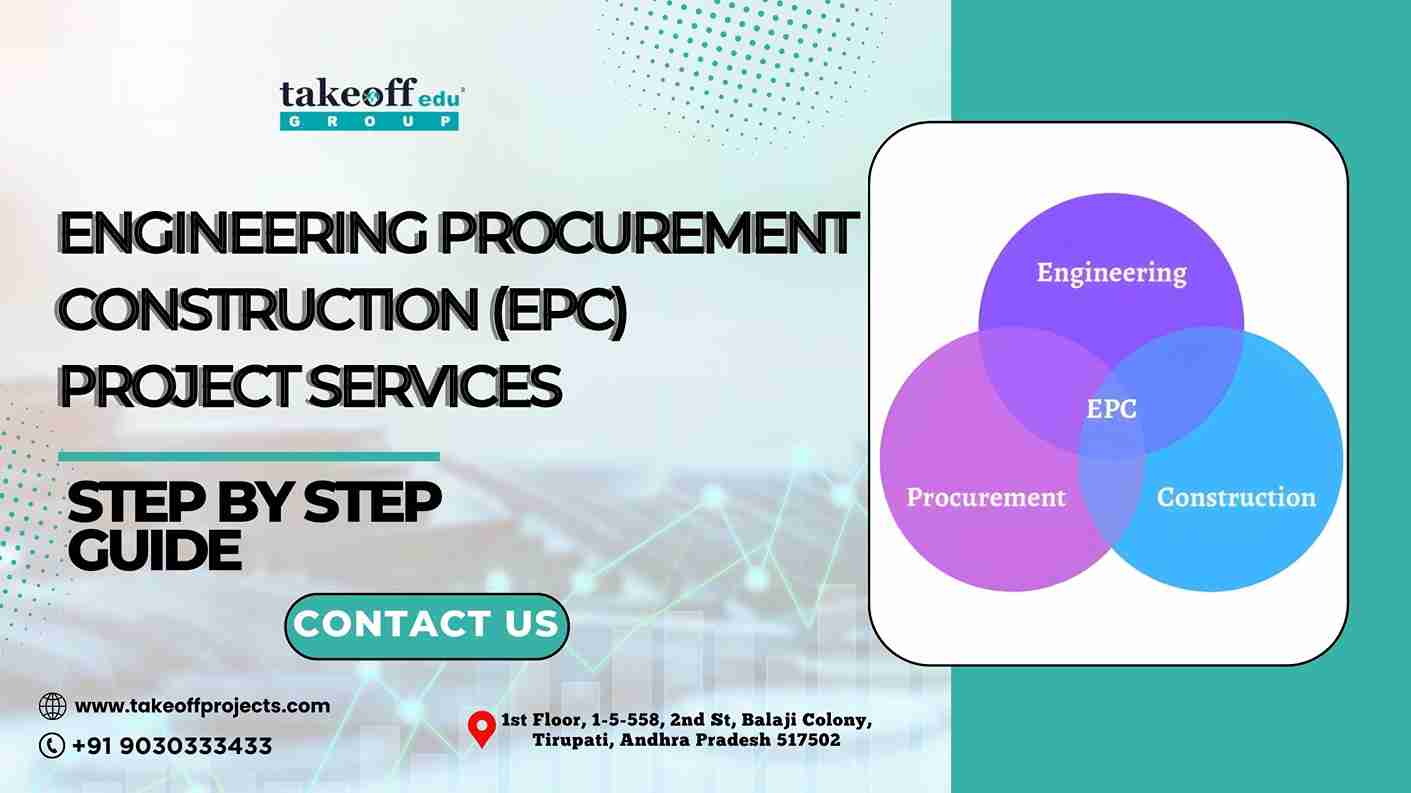 Engineering Procurement Construction (EPC) Project Services: Step By Step Guide
Engineering Procurement Construction (EPC) Project Services: Step By Step Guide 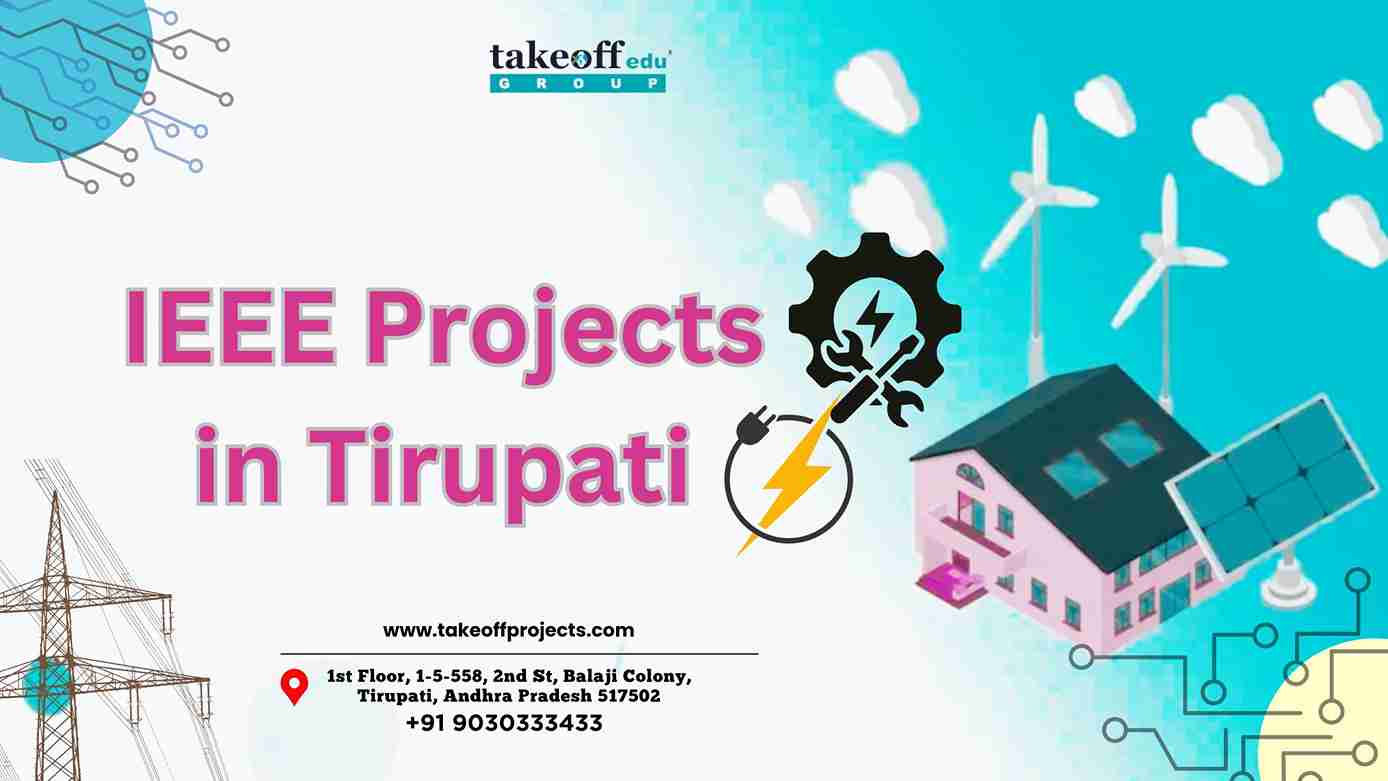 IEEE Projects in Tirupati
IEEE Projects in Tirupati 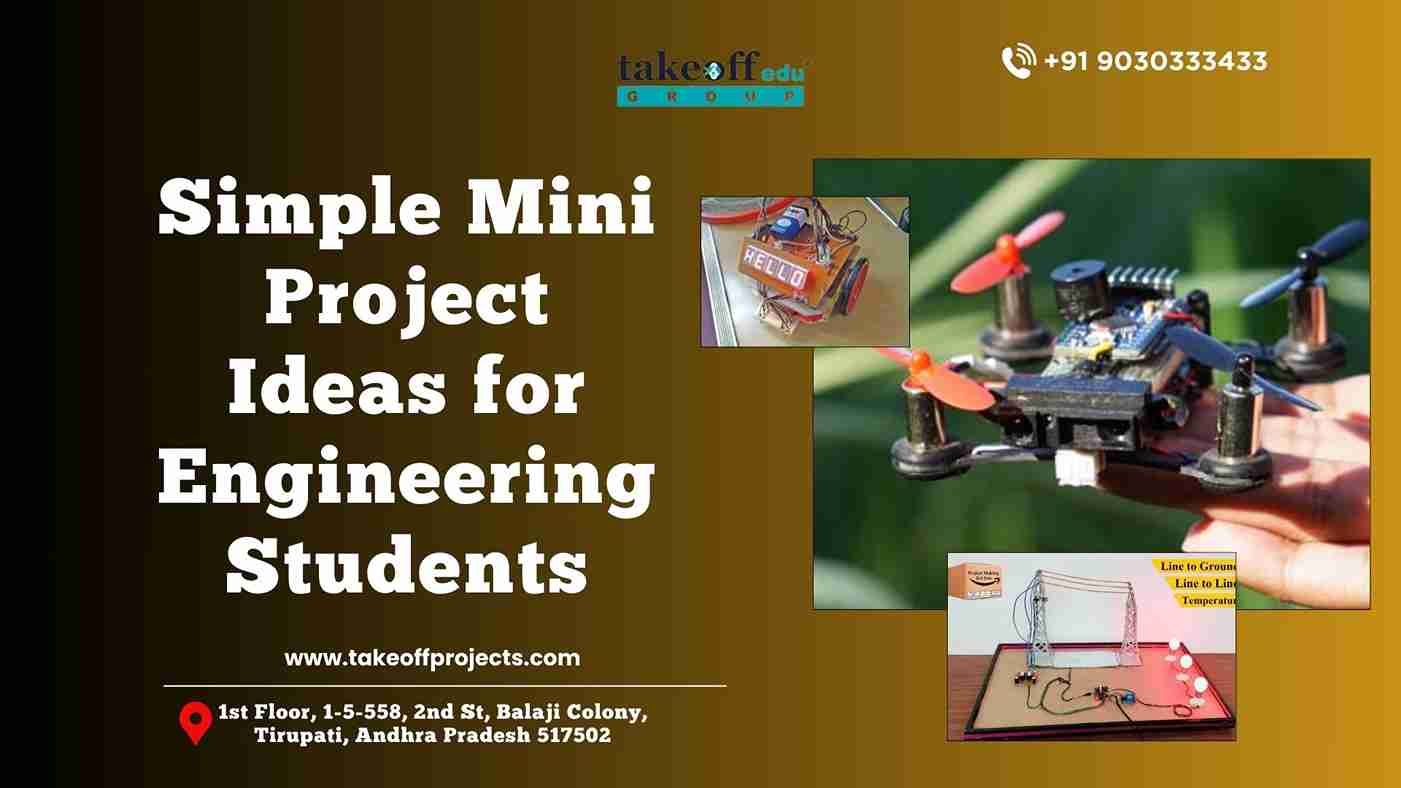 Simple Mini Project Ideas for Engineering Students
Simple Mini Project Ideas for Engineering Students 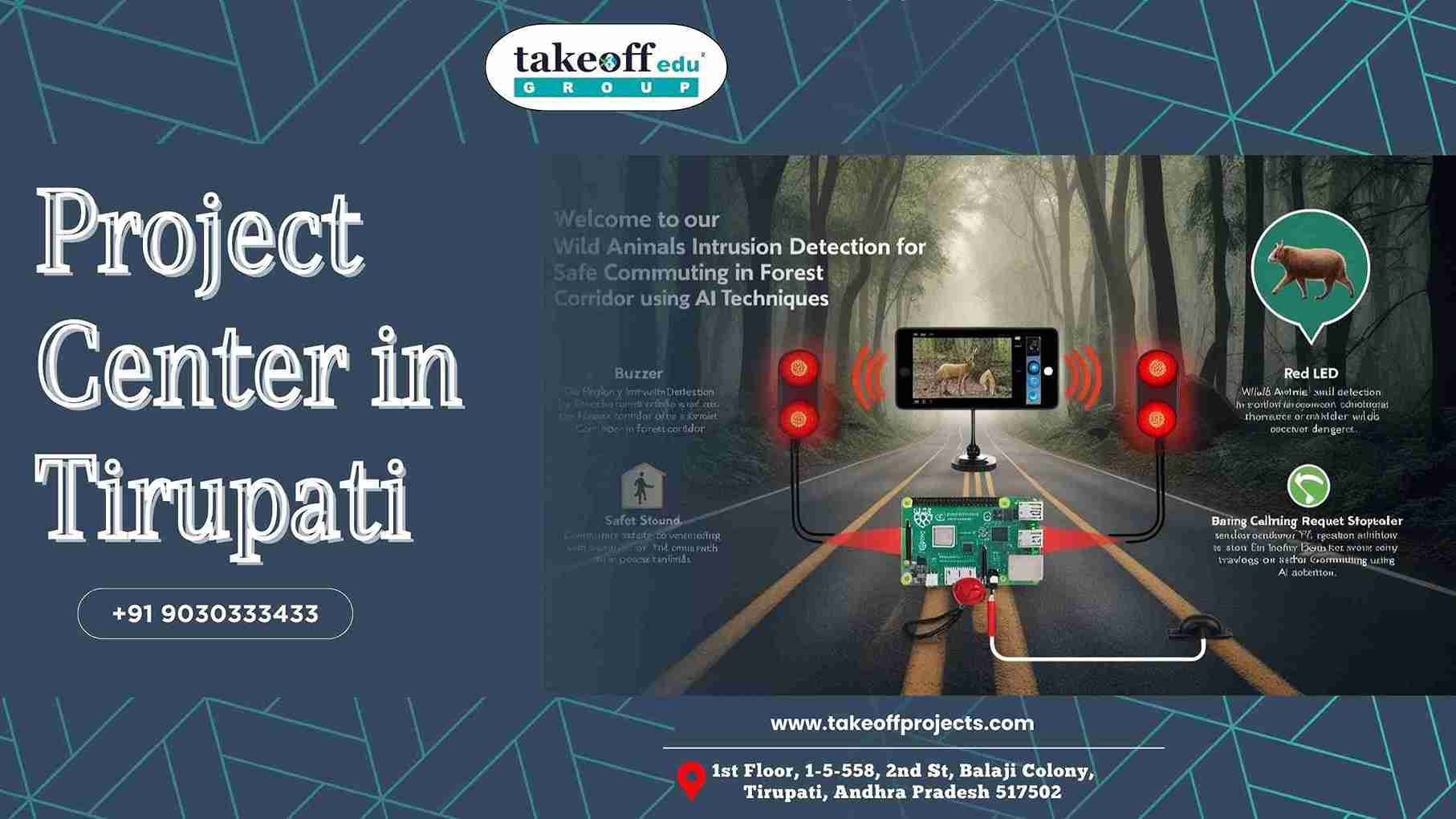 Project Center in Tirupati
Project Center in Tirupati  Top Engineering Project Consultants in Tirupati
Top Engineering Project Consultants in Tirupati  Innovative Software Engineering Projects: Shaping the Future of Technology
Innovative Software Engineering Projects: Shaping the Future of Technology  Major Current and Upcoming Projects
Major Current and Upcoming Projects 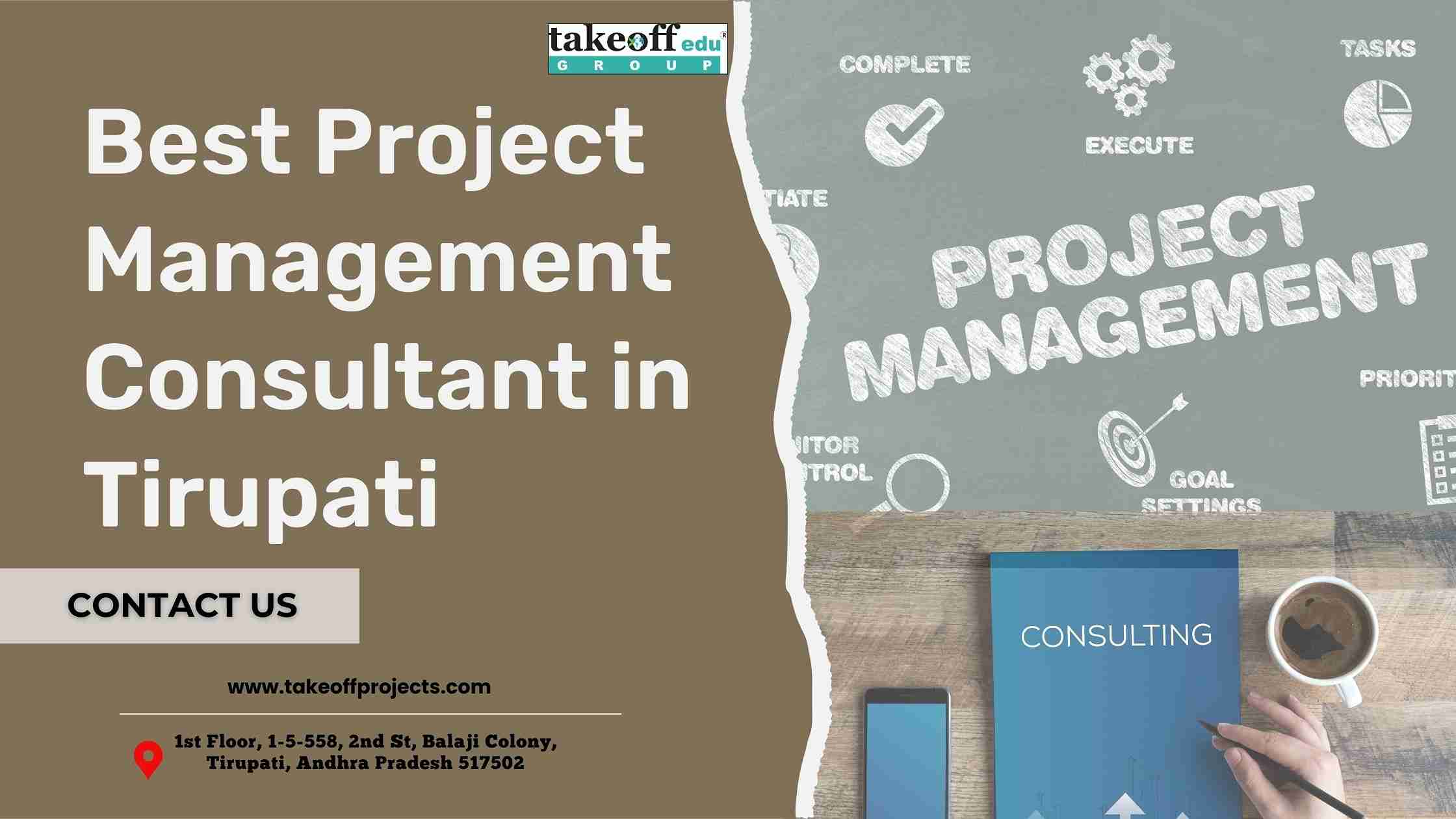 Best Project Management Consultant in Tirupati
Best Project Management Consultant in Tirupati  Top 10 Best Project Consultants in Andhra Pradesh
Top 10 Best Project Consultants in Andhra Pradesh  Best Project Consultancy in Tirupati
Best Project Consultancy in Tirupati  Advanced Technology Project Ideas in Chittoor
Advanced Technology Project Ideas in Chittoor  Top Final Year Project Provider in Tirupati
Top Final Year Project Provider in Tirupati 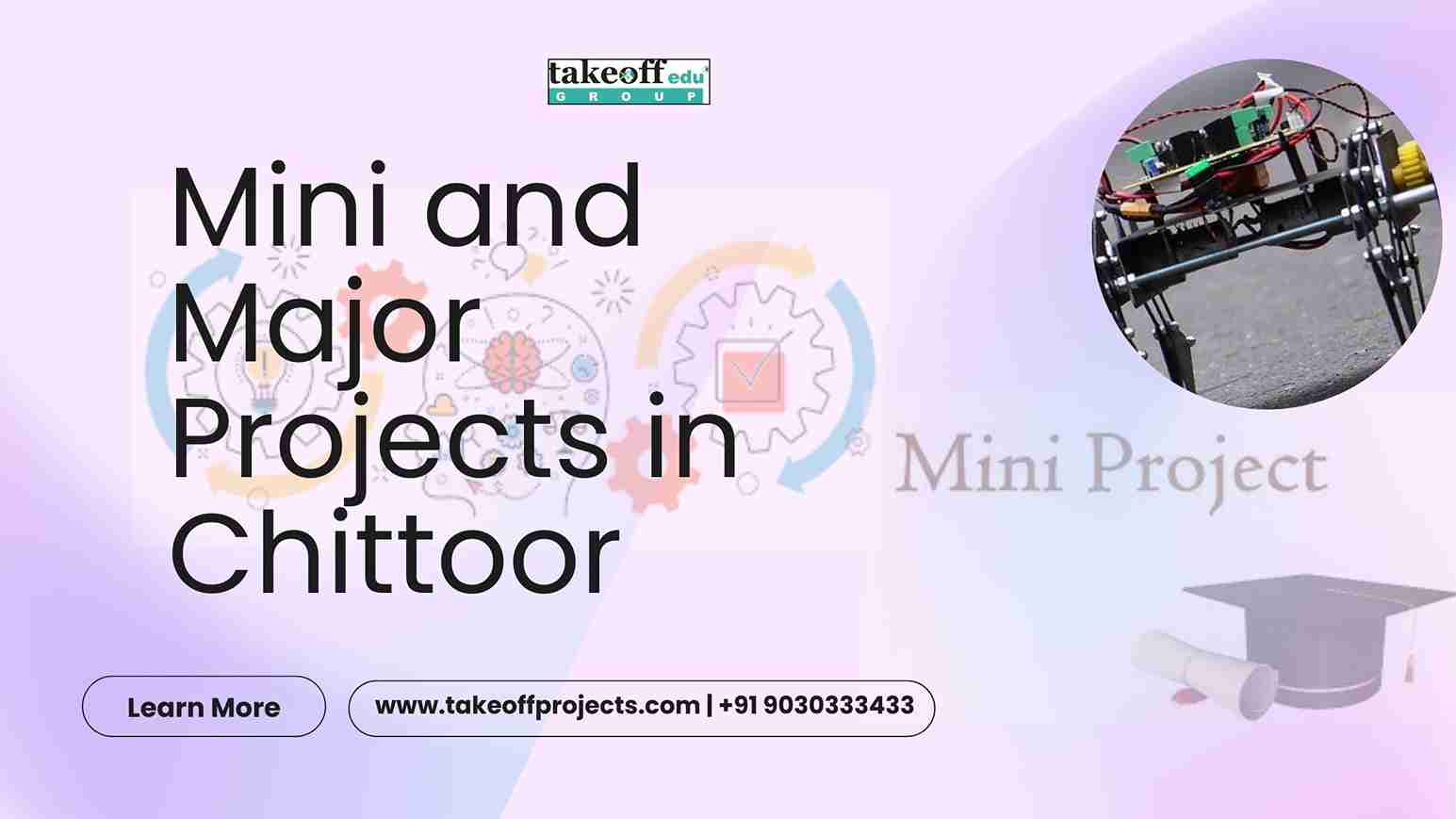 Mini and Major Projects in Chittoor
Mini and Major Projects in Chittoor  Final Year Projects in Tirupati: Unlocking Your Academic Potential
Final Year Projects in Tirupati: Unlocking Your Academic Potential  Affordable Academic Projects in India: A Gateway to Success
Affordable Academic Projects in India: A Gateway to Success 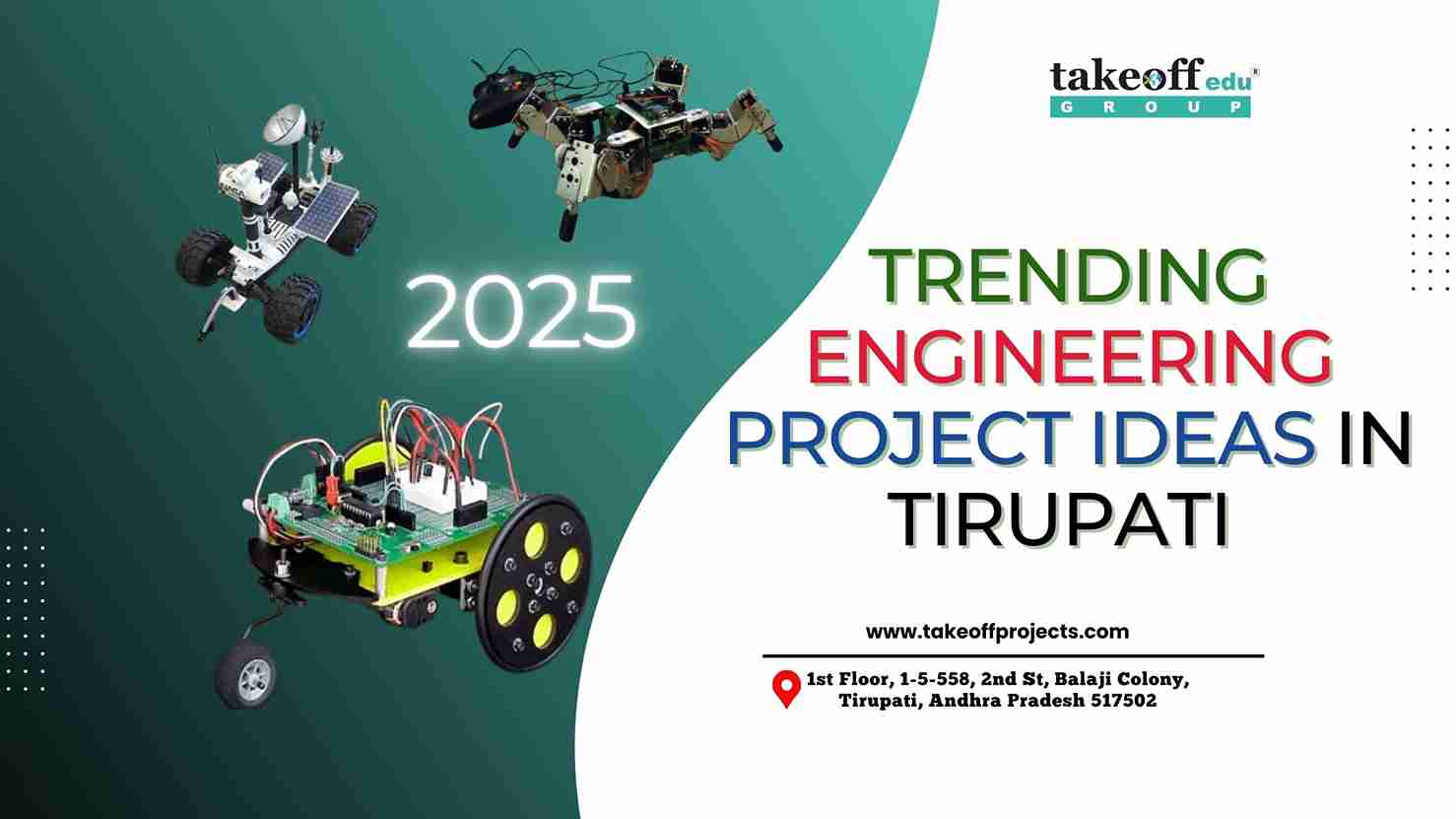 Trending Engineering Project Ideas in Tirupati 2025
Trending Engineering Project Ideas in Tirupati 2025  Technical Project ideas for engineering students
Technical Project ideas for engineering students  How Do I Choose A Project Topic Titles For Final Year Engineering Students?
How Do I Choose A Project Topic Titles For Final Year Engineering Students?  Find Best College Project Centers in Andhra Pradesh
Find Best College Project Centers in Andhra Pradesh  Latest Engineering Project Ideas for 2025
Latest Engineering Project Ideas for 2025  Top Engineering Project Work in Vizianagaram: Empowering Student Success
Top Engineering Project Work in Vizianagaram: Empowering Student Success 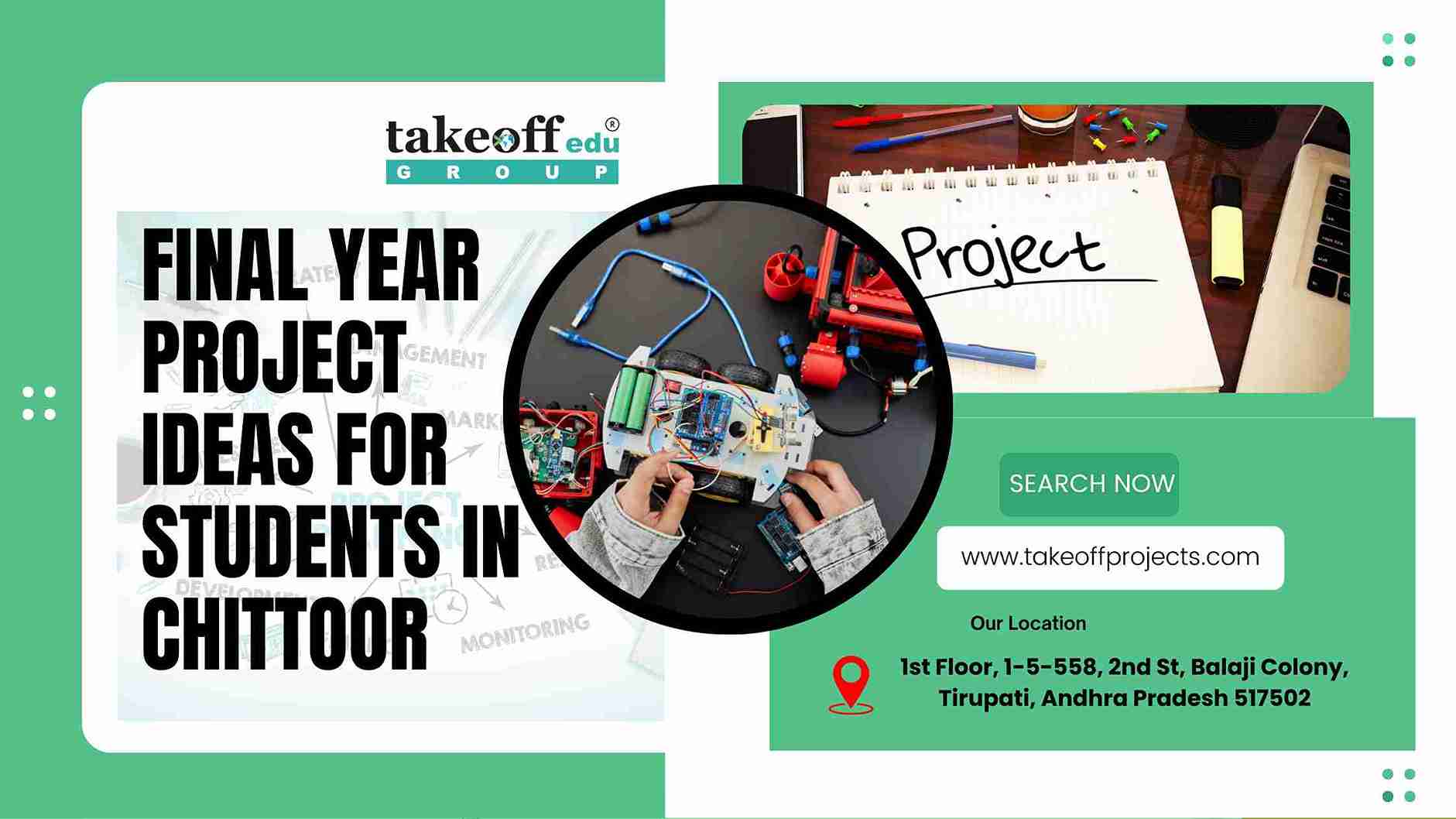 Final Year Project Ideas for Students in Chittoor
Final Year Project Ideas for Students in Chittoor  Project Ideas for College Students in Telangana
Project Ideas for College Students in Telangana  Top 10 Mini Project Ideas for College Students
Top 10 Mini Project Ideas for College Students  Project Work for Students in Tirupati
Project Work for Students in Tirupati 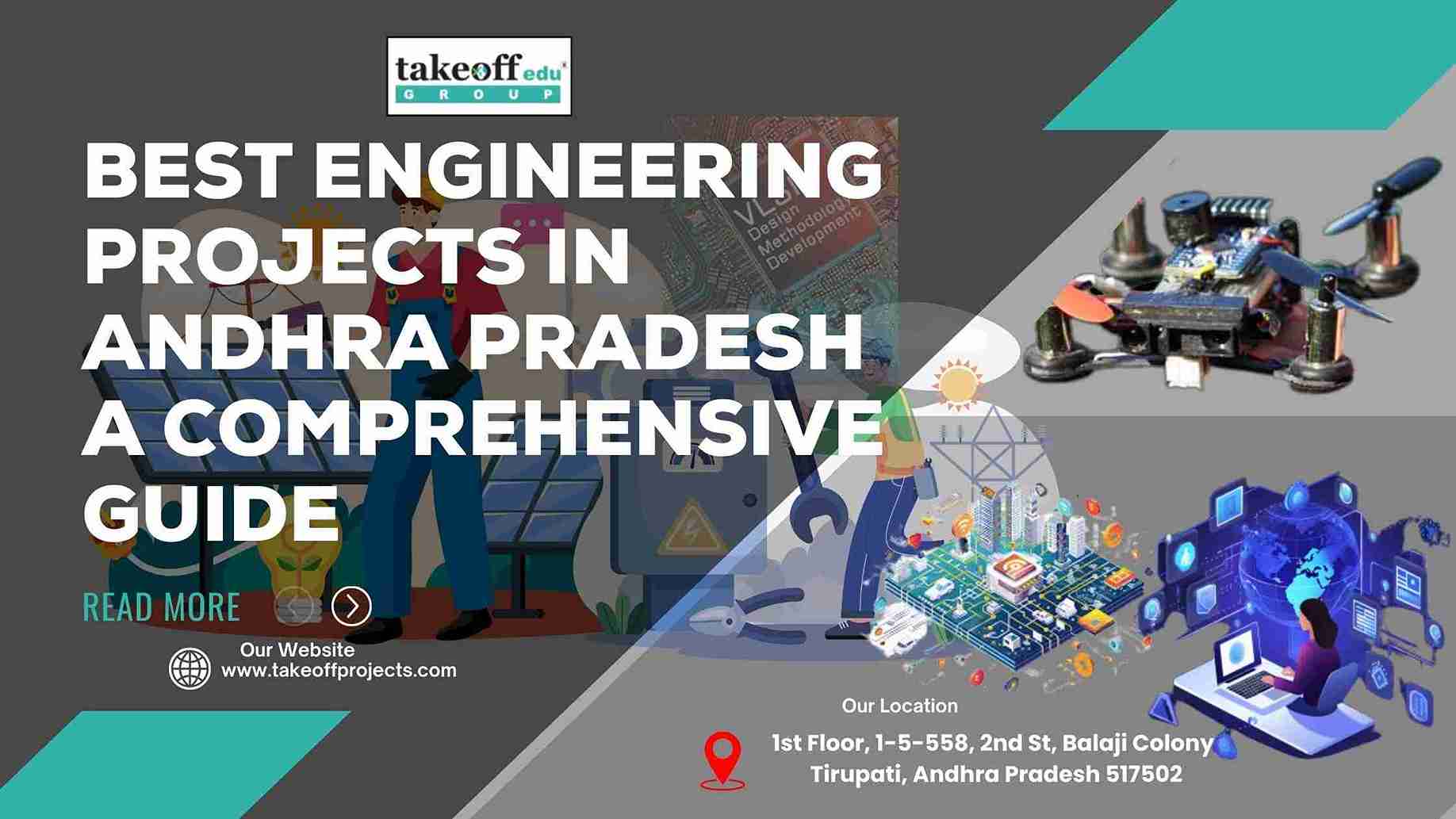 Best Engineering Projects in Andhra Pradesh: A Comprehensive Guide
Best Engineering Projects in Andhra Pradesh: A Comprehensive Guide  Using Cloud-Based Tools for Collaborative Research Projects
Using Cloud-Based Tools for Collaborative Research Projects  Advantages of Undergraduate Research Opportunities
Advantages of Undergraduate Research Opportunities  How to Prepare for Academic Research Conferences
How to Prepare for Academic Research Conferences  Understanding the Different Types of Academic Research
Understanding the Different Types of Academic Research 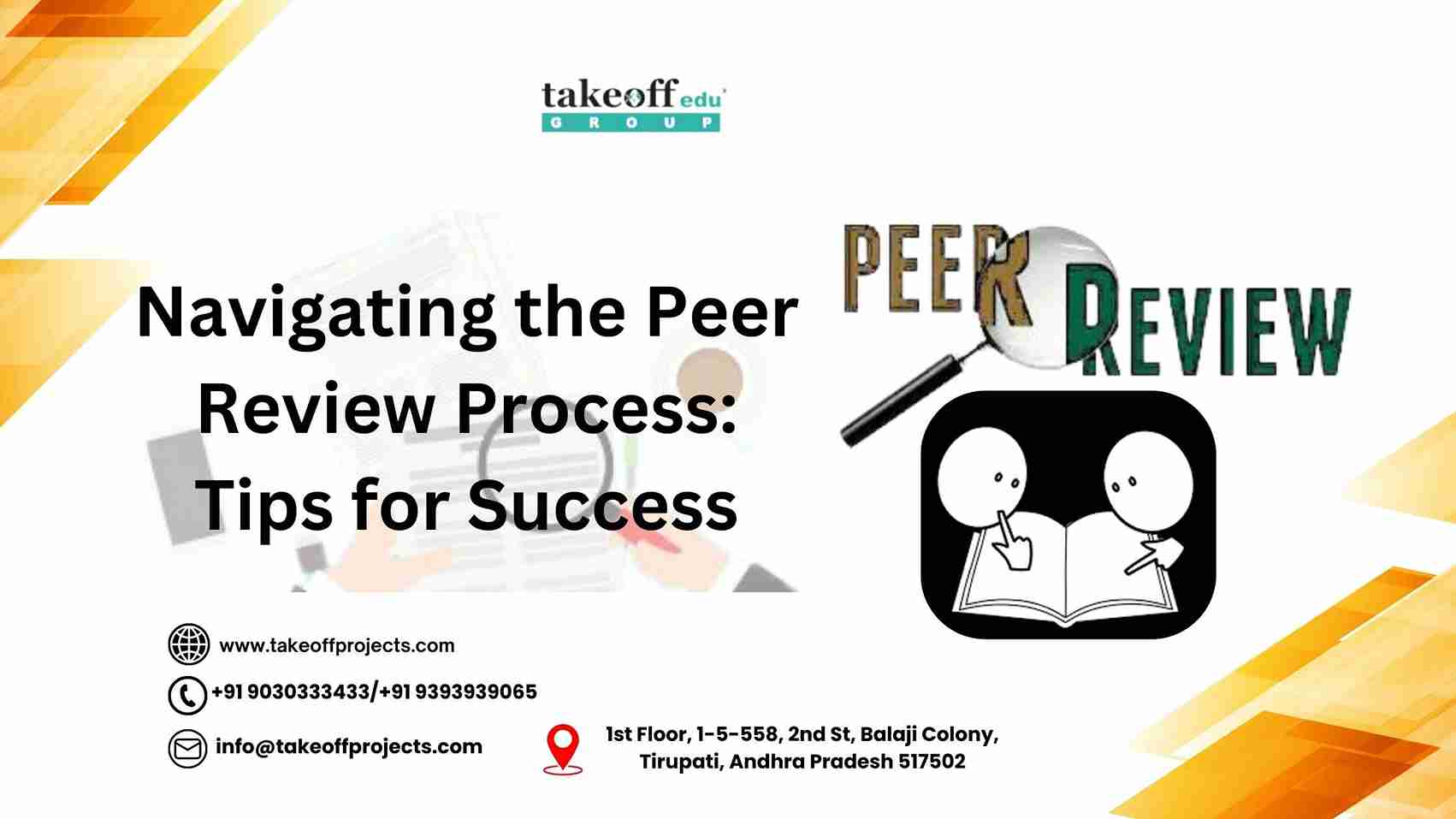 Navigating the Peer Review Process: Tips for Success
Navigating the Peer Review Process: Tips for Success  The Impact of Academic Research on Policy Making
The Impact of Academic Research on Policy Making 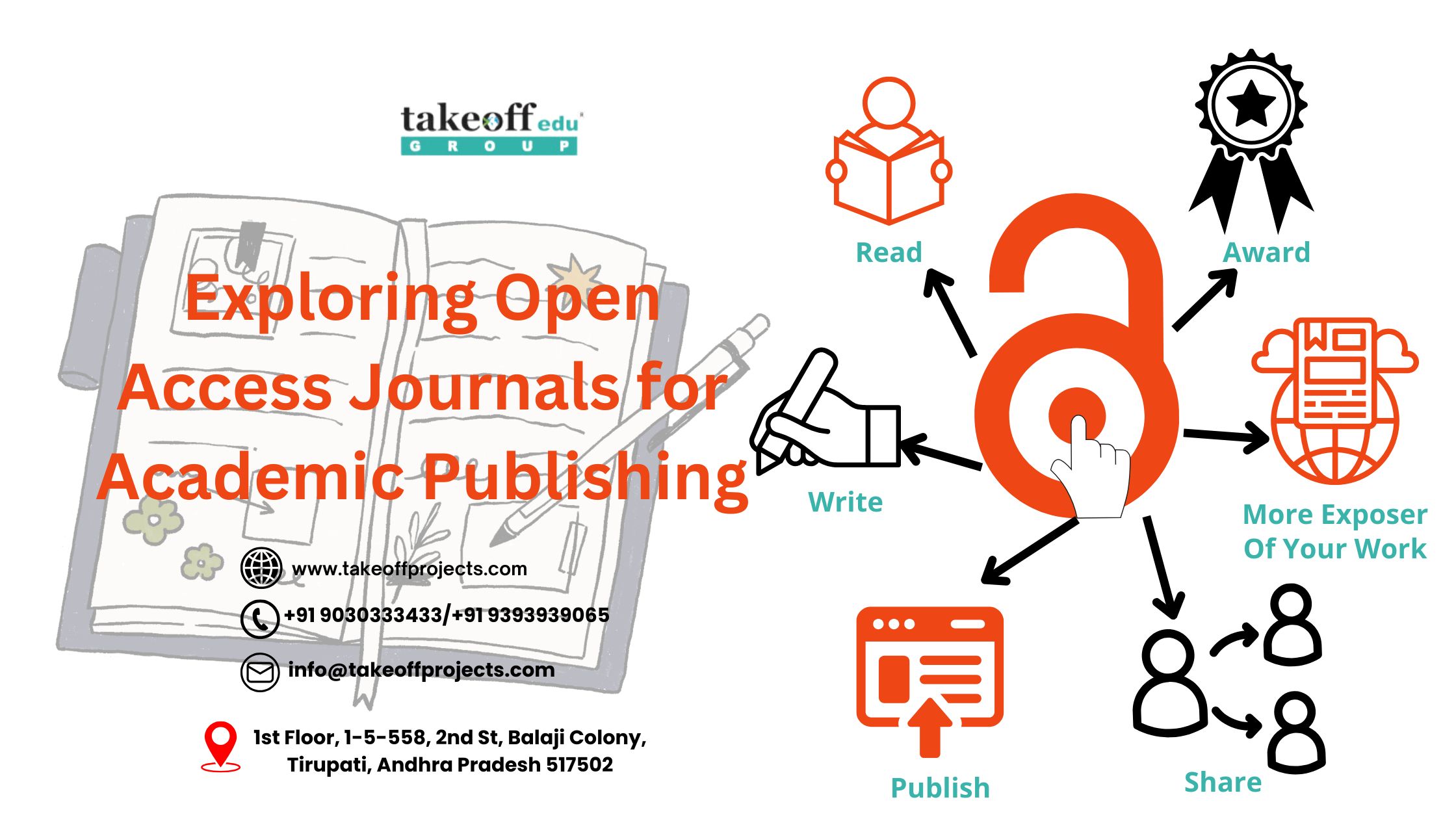 Exploring Open Access Journals for Academic Publishing
Exploring Open Access Journals for Academic Publishing 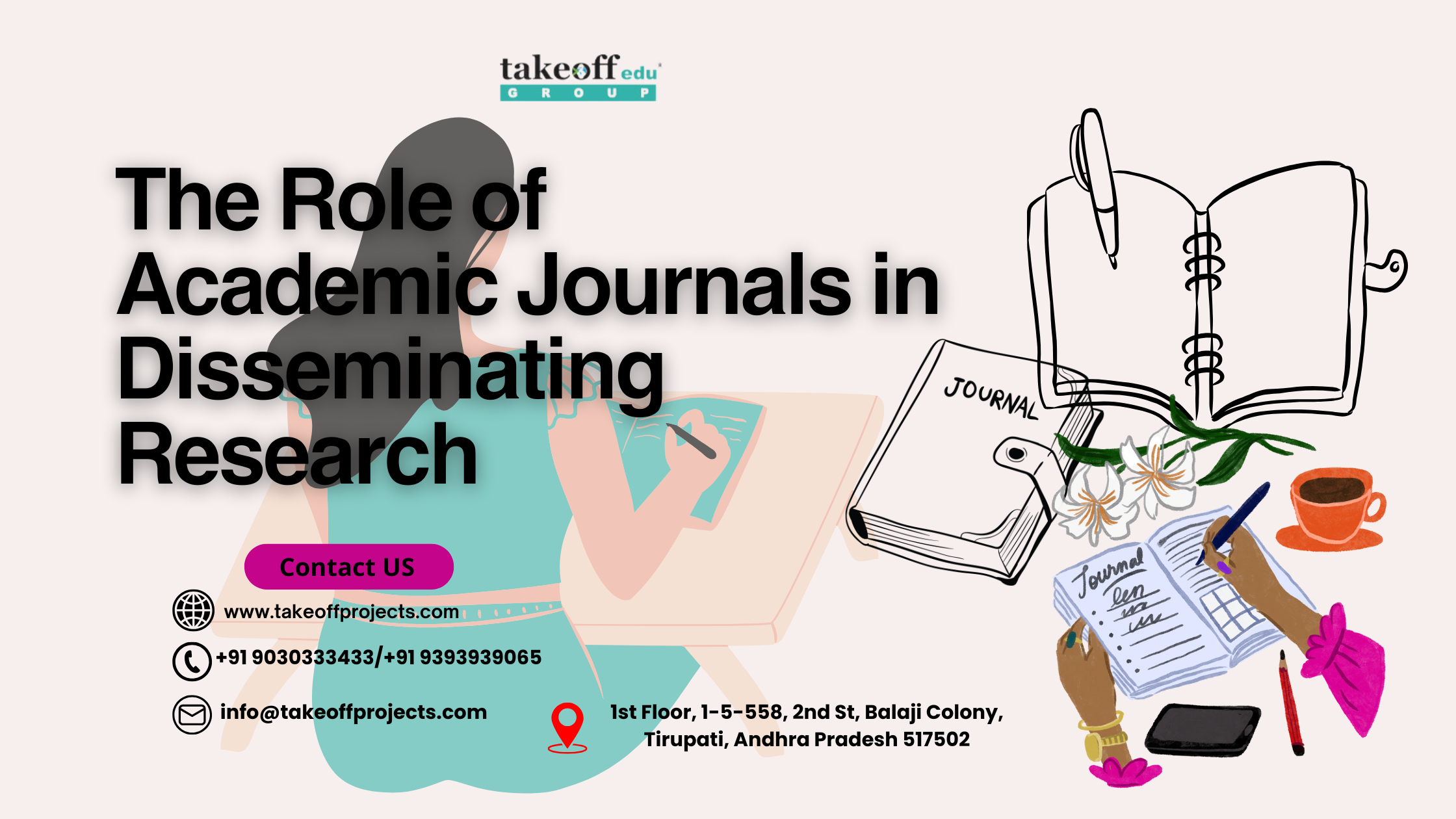 The Role of Academic Journals in Disseminating Research
The Role of Academic Journals in Disseminating Research  How to Balance Coursework and Research Projects: A Guide to Academic Success
How to Balance Coursework and Research Projects: A Guide to Academic Success 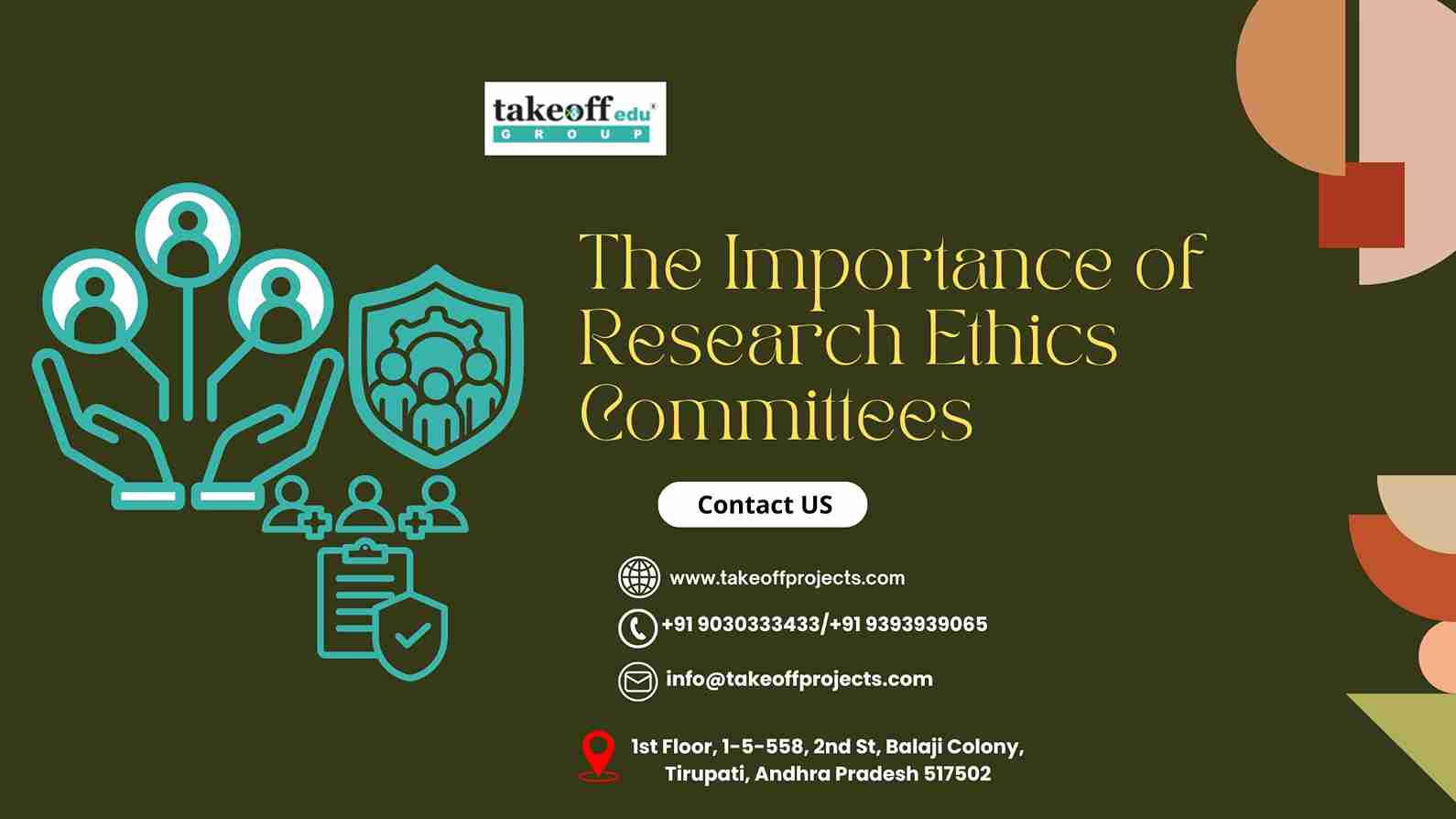 The Importance of Research Ethics Committees
The Importance of Research Ethics Committees  Innovative Teaching Methods to Support Academic Research Projects
Innovative Teaching Methods to Support Academic Research Projects  Creating Impactful Visual Aids for Research Presentations
Creating Impactful Visual Aids for Research Presentations  The Benefits of Peer Review in Academic Research
The Benefits of Peer Review in Academic Research  Surveys and Questionnaires are Effective in Academic Research
Surveys and Questionnaires are Effective in Academic Research  Importance of Documentation Record-Keeping in Academic Research
Importance of Documentation Record-Keeping in Academic Research  Overcoming Challenges in Academic Research Projects
Overcoming Challenges in Academic Research Projects  Leveraging Online Resources for Academic Research
Leveraging Online Resources for Academic Research  Successful Academic Projects in Computer Science: Case Studies
Successful Academic Projects in Computer Science: Case Studies  Building a Research Network: The Importance of Conferences and Workshops
Building a Research Network: The Importance of Conferences and Workshops  How Technology Affects Academic Research?
How Technology Affects Academic Research? 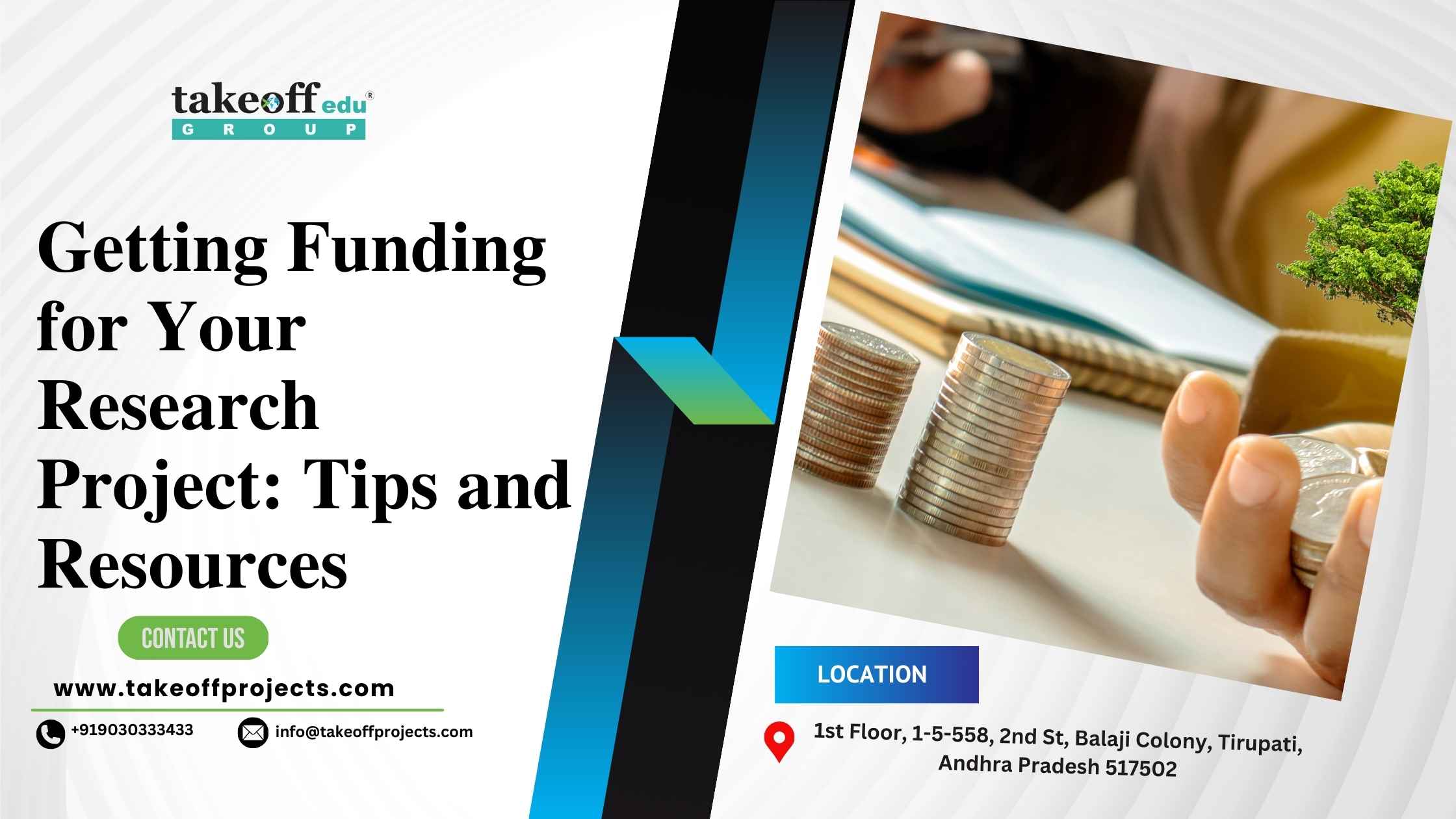 Getting Funding for Your Research Project: Tips and Resources
Getting Funding for Your Research Project: Tips and Resources  Time Management Strategies for Academic Researchers
Time Management Strategies for Academic Researchers  Ethical Considerations in Academic Research
Ethical Considerations in Academic Research  How to Write and Publishing Your Academic Paper?
How to Write and Publishing Your Academic Paper?  Presenting Your Research: Guidelines To Consider When Making An Academic Presentation
Presenting Your Research: Guidelines To Consider When Making An Academic Presentation  Analyzing Research Data: Effective Techniques in Engineering Projects
Analyzing Research Data: Effective Techniques in Engineering Projects 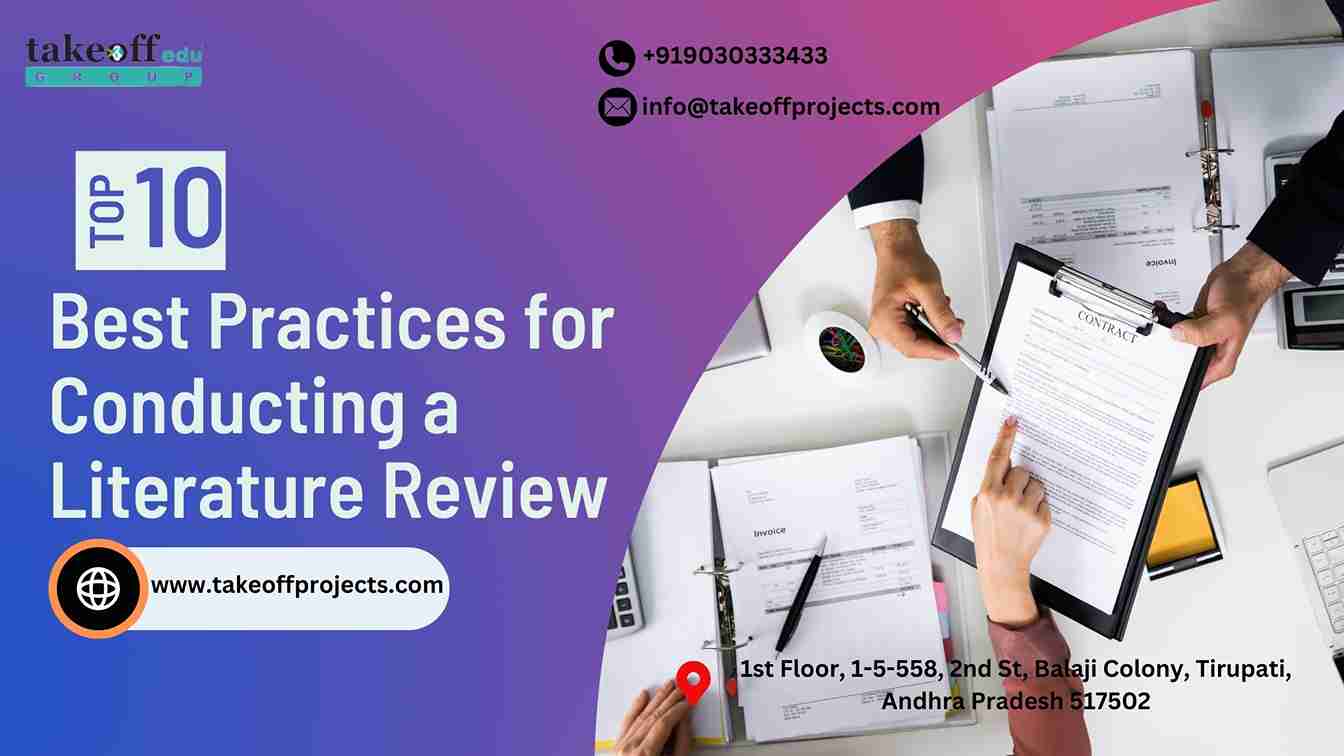 Best Practices for Conducting a Literature Review
Best Practices for Conducting a Literature Review  Writing a Winning Student Research Proposal: A Step-by-Step Guide
Writing a Winning Student Research Proposal: A Step-by-Step Guide  Project Management for Academic Research: Tools and Techniques
Project Management for Academic Research: Tools and Techniques  How to Choose the Perfect Academic Project Topic?
How to Choose the Perfect Academic Project Topic?  Presenting Final Year Project to Your Supervisor
Presenting Final Year Project to Your Supervisor  Trending Engineering Projects in 2024 Future-Ready
Trending Engineering Projects in 2024 Future-Ready 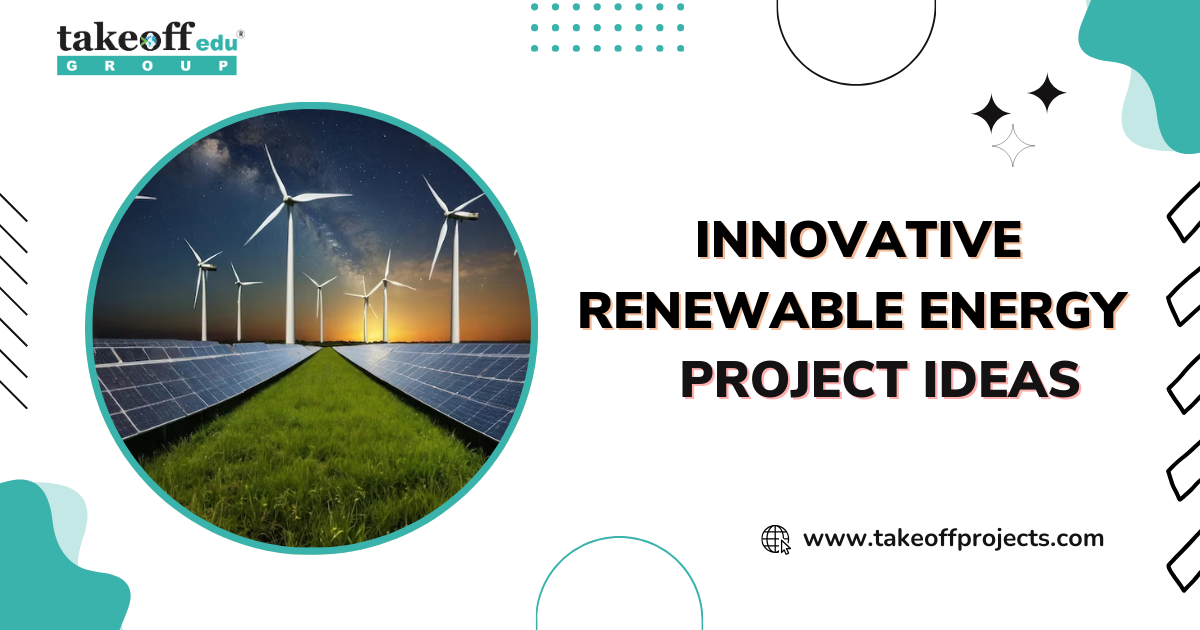 Innovative Renewable Energy Project Ideas
Innovative Renewable Energy Project Ideas  How Engineering Projects Ideas to contribute your academic year?
How Engineering Projects Ideas to contribute your academic year?  Latest Engineering Projects in 2024
Latest Engineering Projects in 2024  Ethical Considerations in Image Processing: Balancing Innovation and Privacy
Ethical Considerations in Image Processing: Balancing Innovation and Privacy  From Pixels to Insights A Journey into Image Enhancement Algorithms
From Pixels to Insights A Journey into Image Enhancement Algorithms 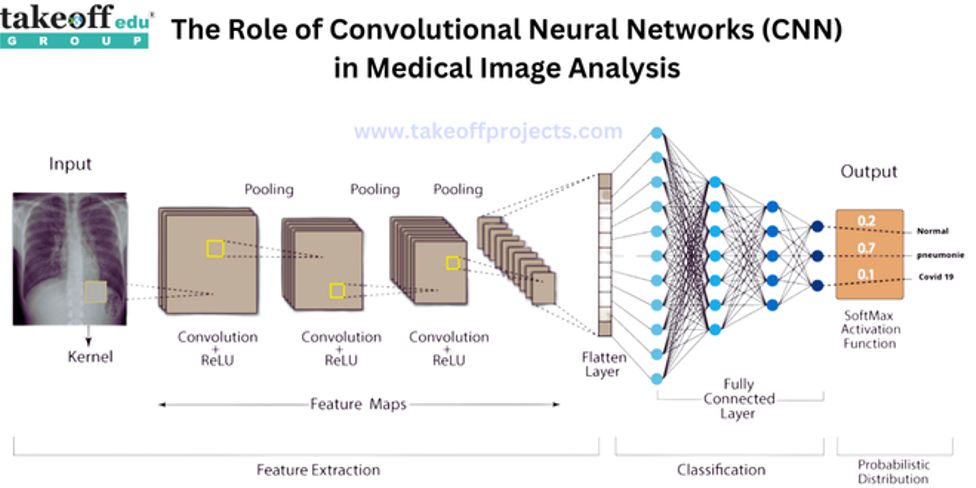 The Role of Convolutional Neural Networks in Medical Image Analysis
The Role of Convolutional Neural Networks in Medical Image Analysis  Advancements in Image Segmentation Techniques: A Comprehensive Overview
Advancements in Image Segmentation Techniques: A Comprehensive Overview 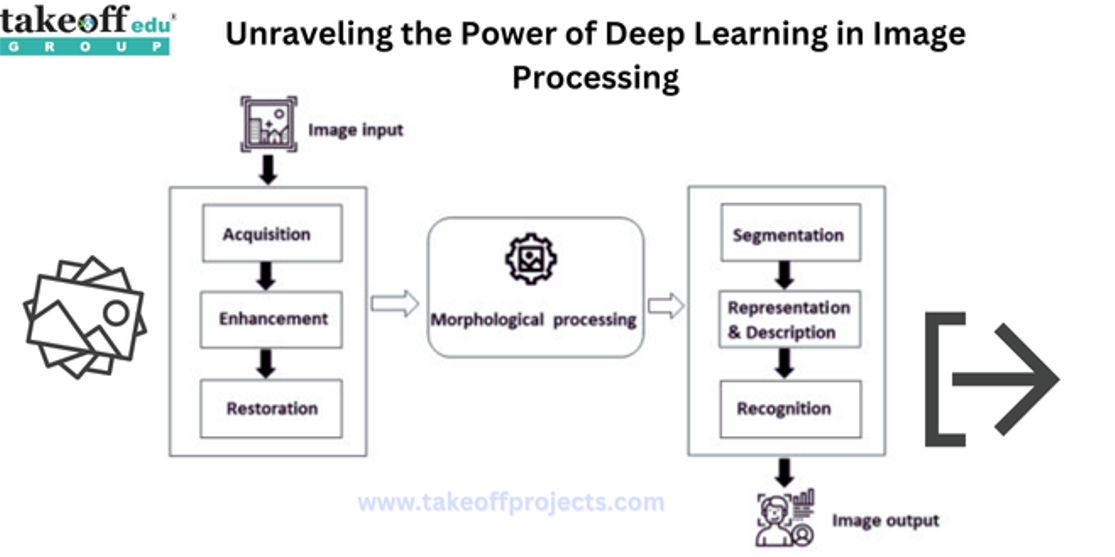 Unraveling the Power of Deep Learning in Image Processing
Unraveling the Power of Deep Learning in Image Processing  Importance of Final Year Projects for Students
Importance of Final Year Projects for Students  How to Present Your Final Year Project to Your Supervisor?
How to Present Your Final Year Project to Your Supervisor?  How to Choose the Right Final Year Project Topic?
How to Choose the Right Final Year Project Topic?  Common Mistakes to Avoid on Your Final Year Project
Common Mistakes to Avoid on Your Final Year Project  How to Write a Winning Engineering Project Report?
How to Write a Winning Engineering Project Report? 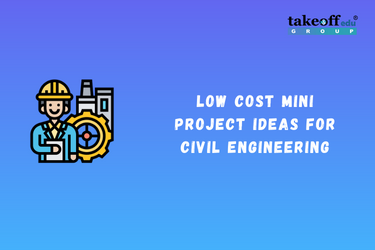 Low Cost Mini Projects Ideas for Civil Engineering
Low Cost Mini Projects Ideas for Civil Engineering  Low Cost Mini Project Ideas for Mechanical Engineering
Low Cost Mini Project Ideas for Mechanical Engineering 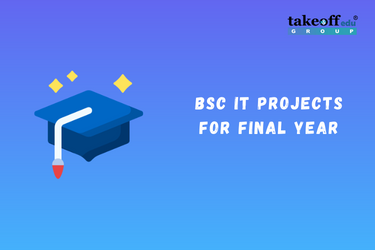 BSc IT Projects for Final Year
BSc IT Projects for Final Year 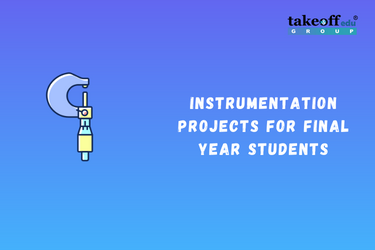 Instrumentation Projects for Final Year Students
Instrumentation Projects for Final Year Students 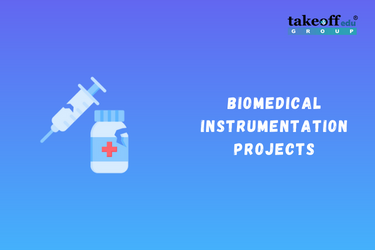 Biomedical Instrumentation Projects
Biomedical Instrumentation Projects  M.Tech Structural Engineering Projects
M.Tech Structural Engineering Projects 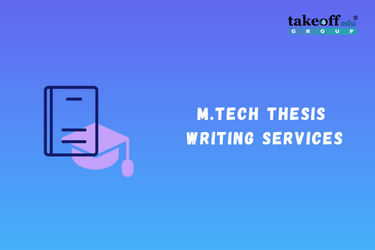 M.Tech Thesis Writing Services
M.Tech Thesis Writing Services  M.Tech Projects for Electrical, Electronics & Software Engineering
M.Tech Projects for Electrical, Electronics & Software Engineering  Latest Final Year Projects for B.Tech & M.Tech Students
Latest Final Year Projects for B.Tech & M.Tech Students 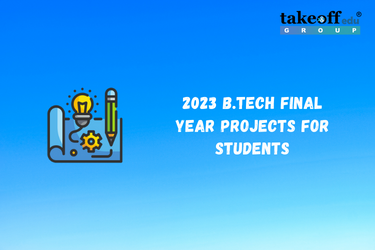 2023 B.Tech Final Year Projects for Students
2023 B.Tech Final Year Projects for Students 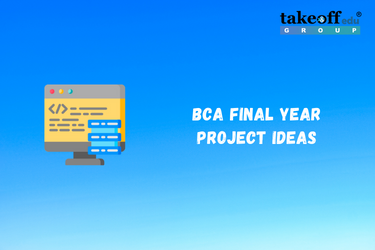 Latest BCA Final Year Project Ideas for 2023
Latest BCA Final Year Project Ideas for 2023  Top BE Projects Ideas & Topics for Students
Top BE Projects Ideas & Topics for Students  14+ Interesting Engineering Projects
14+ Interesting Engineering Projects 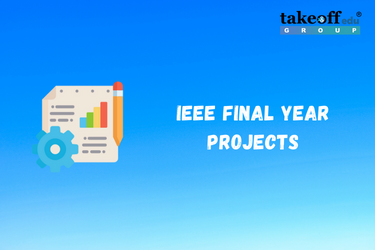 IEEE Final Year Projects
IEEE Final Year Projects 
 Paper Publishing
Paper Publishing


